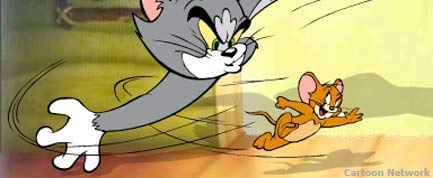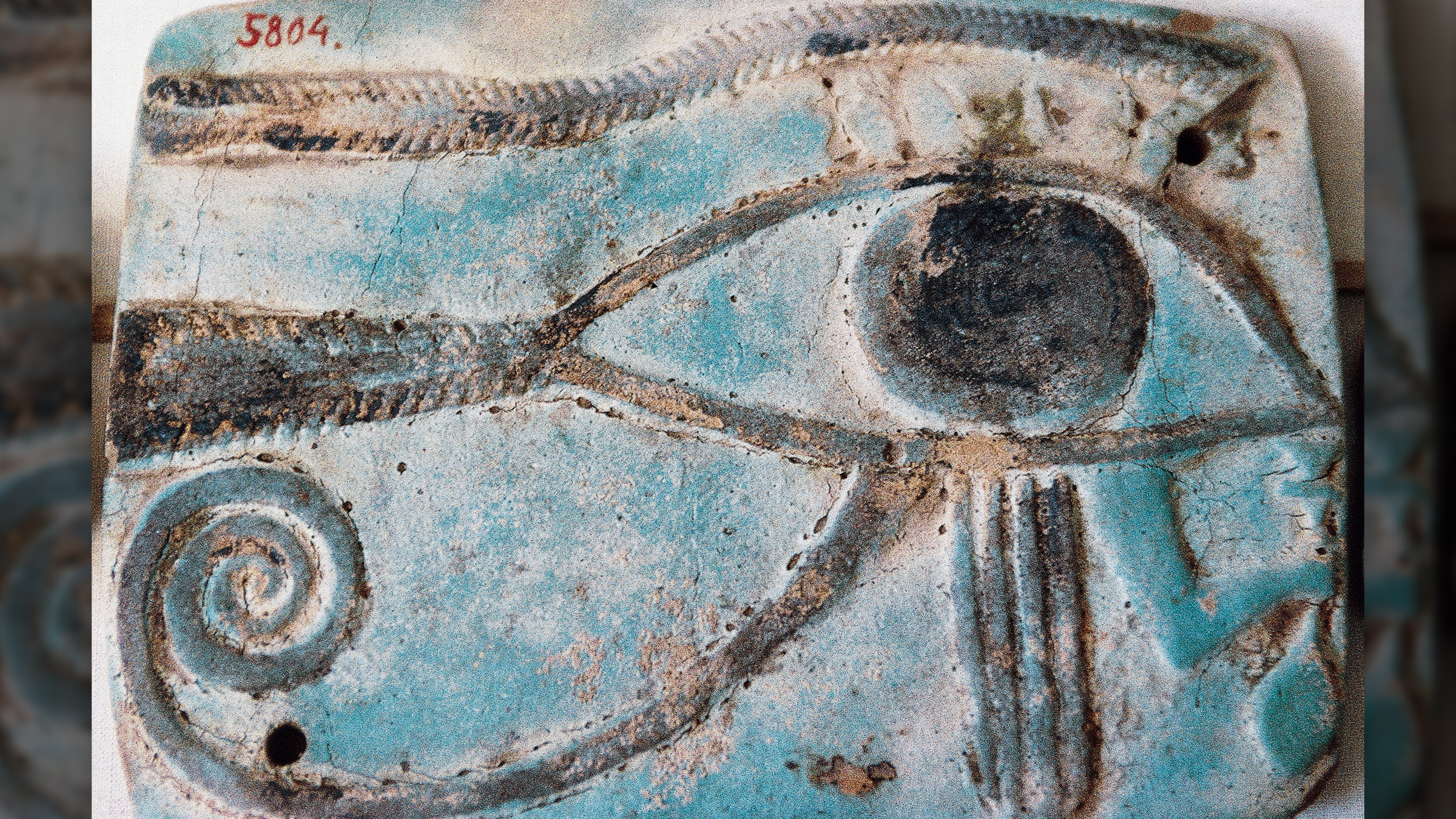Cat Urine Makes Mice Macho

Tom and Jerry may never get along, but cats could help mice get lucky in love.
Cat odor is known scare mice away, but it also seems to act like an aphrodisiac for the rodents, a new study shows.
The smell makes male mice more macho, helping lure in females, researchers said.
Just a whiff
Unsurprisingly, past studies had found that cat odor typically causes mice to panic or flee, although there are parasites that can hijack rodent brains and make them suicidally seek felines out.
Scientists had expected that stressing out normal mice would put a dent in their love lives. Scared mice aren't sexy mice.
To see if a whiff of cat might serve as a mouse repellent to help keep rodent pests away, researchers exposed mice to cat pee for eight weeks.
Sign up for the Live Science daily newsletter now
Get the world’s most fascinating discoveries delivered straight to your inbox.
Unexpectedly, two months of cat odor did not lead to cowering mice, as one might expect from constant threatening. Instead, researchers found it led to aggressive males. These were more than twice as likely fight with other mice than rodents exposed to rabbit urine for the same amount of time.
And such combative males smelled delectable to females. When presented with male pee, females that were in heat spent more time sniffing urine from males exposed to cat odor for weeks than ones that had inhaled rabbit fumes.
New thinking
Before, it was generally believed that the presence of predators always had a negative effect on their prey, "but our findings show that presence of low or moderate predation may be positive to prey," said researcher Jian-Xu Zhang, a pheromone researcher at the Institute of Zoology of the Chinese Academy of Sciences in Beijing.
Female mice like aggressive males, and rodents constantly exposed to cat pee may seem like strong males that can survive the constant threat of predators, the researchers suggested.
These findings could help improve life for animals in captivity, Zhang said. Zoos could enrich the environments of animals with just a whiff of their predators to stimulate them.
Zhang and his colleagues detailed their findings in the May issue of the Journal of Ethology.
- Top 10 Aphrodisiacs
- Polygamous Animals: No Stinking Rules
- Video: The Hummingbird's Courtship Dance











